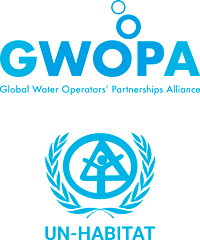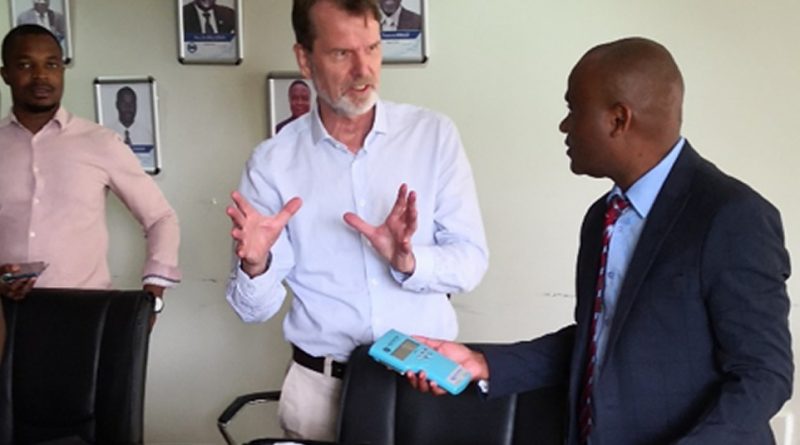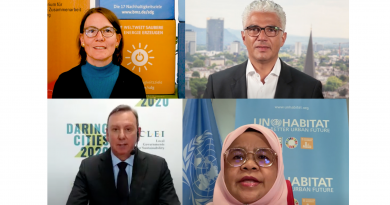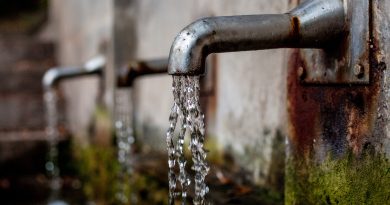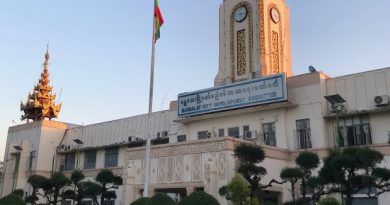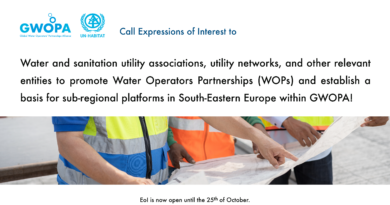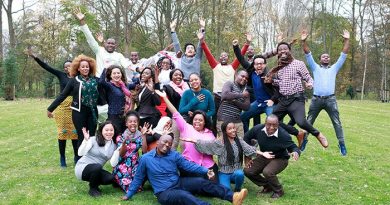Ongoing Partnership Between Dutch VEI and Malawian LWB Improves Water Assessment of Water Supply in Malawi
Being among the poorest countries in the world, Malawi faces a remarkable population growth, especially in its urban and periurban areas. This presents tremendous water challenges. Lilongwe Water Board (LWB) is one of the actors involved in addressing these challenges. The board is responsible for providing urban water services in Lilongwe, the country’s capital city and one of the largest.
According to a research paper published in the Journal of Water, Sanitation and Hygiene for Development, one of LWB’s major challenges is high levels of unaccounted for water (UFW). Another article published in Water Policy 15, IWA Publishing, states that the board’s collection rate of customer bills (up to 95%) is “in contrast with the disappointing result on the operational aspects.” An ongoing partnership has been addressing LWB’s operational performance in order to strengthen it.
The drinking water companies in the Dutch water sector score well in international benchmarks. This raises an interest in partnering with water institutions from the Netherlands. In the framework of the WaterWorX programme, the water operators’ partnership (WOP), which started in April 2018 between LWB and the Dutch VEI, has led to contributing to ensure sustainable improvements of water supply in Lilongwe.
One of the latest achievements of the partnership was the successful assessment on use of energy at the water treatment plan. The energy audits on centrifugal pumps had the purpose not only of getting information on the energy consumption and efficiency, but also to instruct local staff of LWB on how to perform and analyse these audits in the future by themselves.

Pipe leak. Courtesy of VEI
One of the conclusions from the of the audit indicate that several pumps have more or less forms of wear which lead to unnecessary energy consumption, and VEI staff recommended to dismantle one of the worst performing pumps. After repairing the pump, a new audit must be performed to check the improvement and decide for further repair or replacement of pumps; an audit to be performed by LWB staff.
After presenting the results and recommendations of the assessment, the required tools and measuring equipment were formally transferred to LWB. Technicians at LWB will continue independently with energy measurements at other locations of the company.
